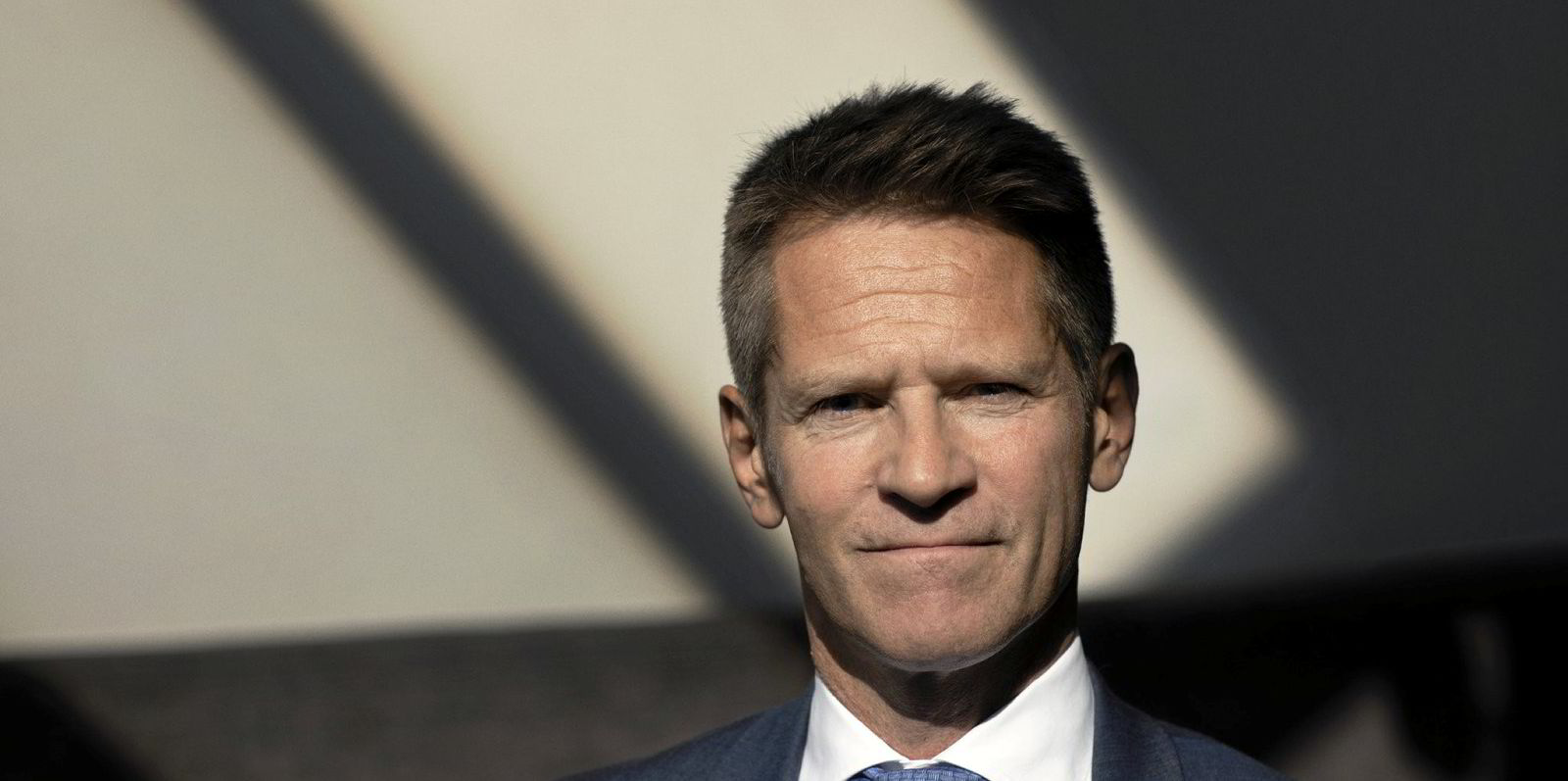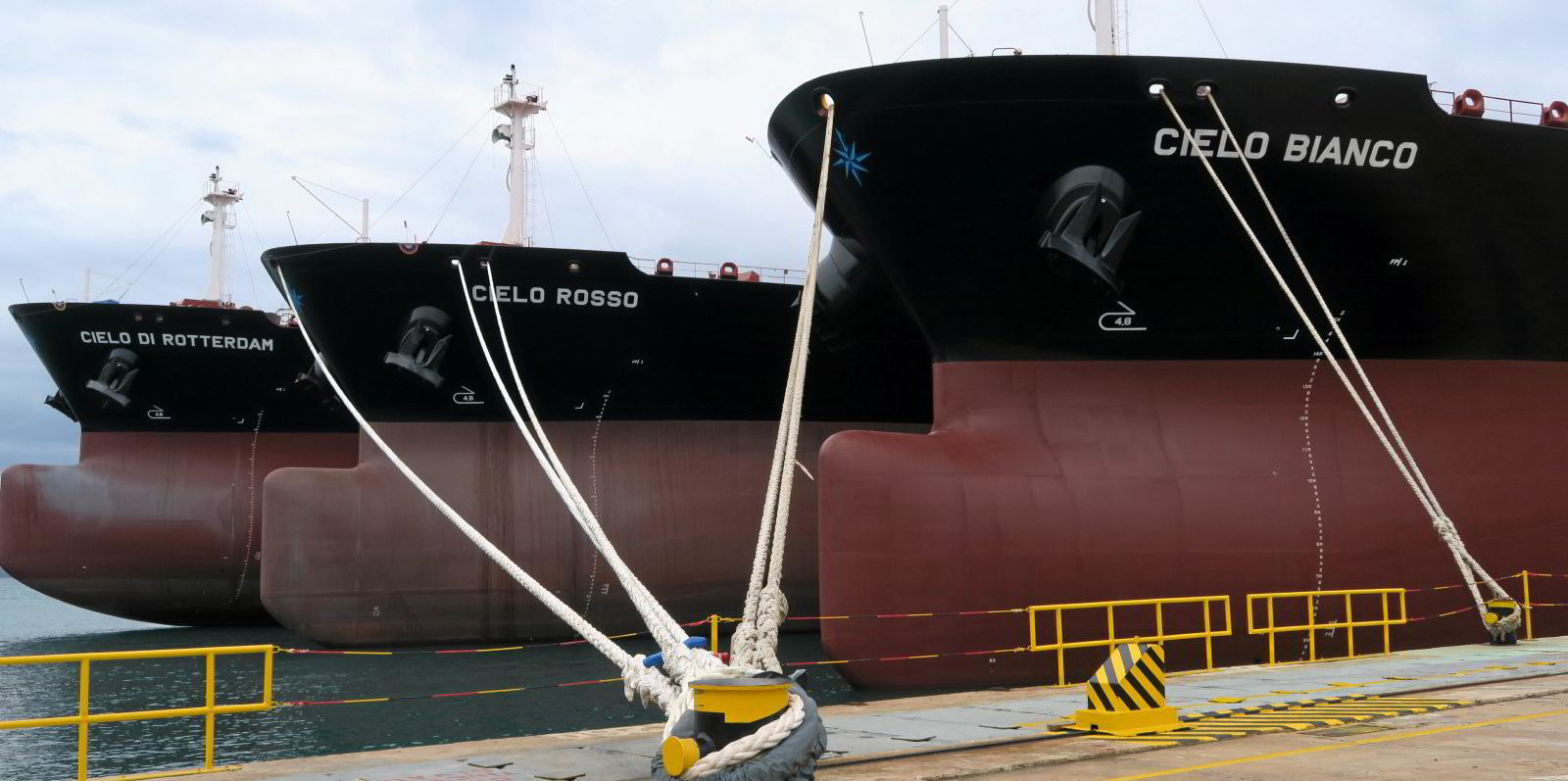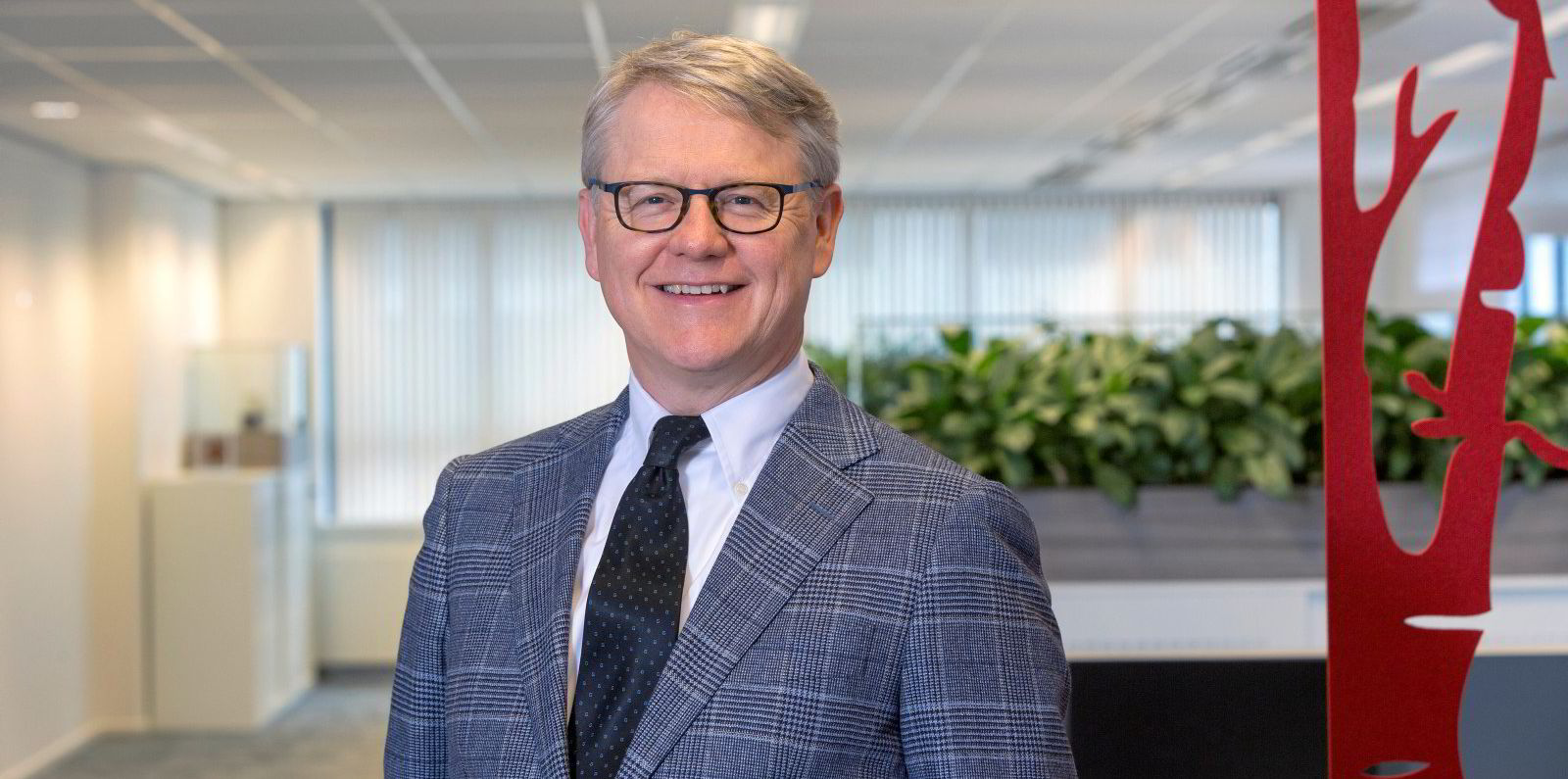Norwegian owner Klaveness Combination Carriers (KCC) has revealed rising rates for its vessels in the fourth quarter, but it was not all plain sailing.
Time charter equivalent (TCE) earnings for the eight Cabu caustic soda and dry bulk vessels ended at $22,776 per day, and the eight Cleanbu oil products and dry bulk ships managed $24,460 per day.
This gave average earnings of $23,617 per day for the fleet, up $1,669 from the third quarter.
The Oslo-listed company said the figures were boosted by a continued strong dry bulk market, albeit weaker than during the third quarter.
There was also profitable combination trading for the Cleanbus.
But KCC added: "Cabu TCE earnings were negatively impacted by continued congestion problems, Covid-19 restrictions in the Far East and a tight caustic soda market."
During the final three months of 2021, several caustic soda contracts were secured and additional voyages and forward freight agreements fixed for 2022.
This resulted in increased operational and financial coverage for the year.
But the company said it was still awaiting a recovery in product tanker markets.
KCC has 51% of wet capacity covered for the first half of 2022, and 28% of dry capacity.
New decarbonisation targets
The combination vessels can reduce carbon emissions by up to 40% compared to traditional tankers and bulkers due to their elimination of ballast legs.
For 2022, KCC is targeting a 25% reduction in carbon intensity compared to 2018, as well as a 15% cut in average CO2 emissions per ship.
The shipowner is considering the use of rotor sails to help with this, along with other efficiency measures.
The full financial results will be released on 18 February.
Earlier in January, KCC clinched a long-term deal to carry caustic soda for Australian mining and metals company South32.
The combination carrier owner has signed a six-year contract of affreightment (COA) for shipments on its Cleanbus from South32's Worsley Alumina refinery in Western Australia.
No financial details have been released, but the companies said the deal establishes a framework for how they will work together to deliver further reductions in carbon emissions in the trade.






